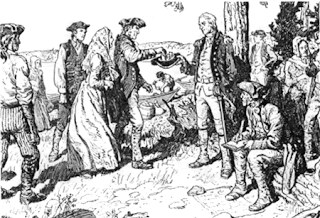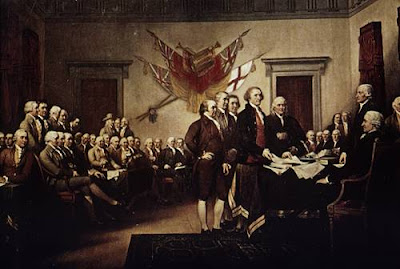Most colonies supported the Continental Congress and English boycotts, but the minority preferred the English rules. The ones who preferred them were called Loyalists. The Loyalists favored law and order, but were afraid of the Patriots. They viewed the Patriots as illegal and brutal.
Although many Loyalist opposed taxes, they still believed they had to follow the king and Parliament orders. They feared that the resistance would lead to a deadly and destructive war in which Britain would win. During the summer of 1774, two old friends which were lawyers got together to discuss the crisis. One was John Adams and the other Jonathan Sewell. Sewell, who was a loyalist, warned Adams that England wasn’t going to change and Adams replied that whatever happened he was going to die or survive with his country.
Loyalism also appealed to Native Americans and enslaved people. The Indians wanted British help to keep out the settlers from moving west. They hoped English would keep that. Enslaved people owned by the Patriots leaders supported loyalism because; they saw British as true champion of liberty. Loyalist opposed the Patriots causes because; they feared British would win the war, also because the Patriots didn’t allow free speech, Patriots banned their newspaper, they dislike Militia Draft and Oath of Allegiance and of course didn’t like tarring and feathering the Patriots did.







